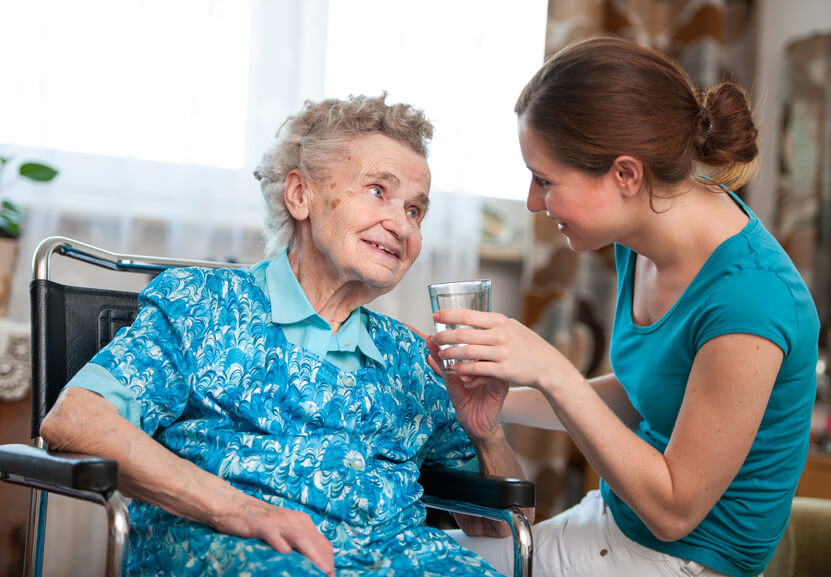
Understanding Palliative In-Home Care

When an elderly loved one has been diagnosed with a serious illness or is struggling to cope at home, it can be a stressful and confusing time for the whole family. But through palliative care, your loved one can enjoy greater comfort and ease, whatever the stage of their treatment or condition.
Many seniors are battling with physical and cognitive conditions that can significantly limit their day-to-day independence. Often, in addition to medical care, they can also benefit from non-medical support at home to live more freely. That’s where palliative care can help.
What is Palliative Care and Who Is It For?
Palliative care is a form of non-medical care that can help people manage symptoms and stress caused by a long-term medical issue or certain aspects of aging. This type of care is often associated with hospice care, but there are many key differences.
Both palliative care and hospice care offer non-medical support to reduce pain and discomfort. Both also strive to make daily life easier and more enriching for individuals and their families. However, hospice care is specifically for those who are nearing the end of their life — often with a life expectancy of six months or less. It is generally offered after medical treatment has ended.
Palliative care, by contrast, can provide relief from pain and stress at any stage of a serious medical condition — even from the moment of diagnosis. It is usually provided with medical treatments to improve an individual’s quality of life as they manage their condition.
The Benefits of Palliative Care at Home
If your loved one has recently been diagnosed or is currently being treated for dementia, cancer, heart disease, or another chronic health issue, a palliative care provider can offer essential relief and support on a physical, spiritual, social, and emotional level.
At Visiting Angels®, our palliative care includes several forms of support for our clients and their families. The benefits of our palliative care for seniors and other individuals with chronic health issues include:
- Physical assistance with day-to-day tasks at home
Our caregivers can help with basic activities like cooking, grocery shopping, and light housekeeping. They can also provide discreet, respectful support with bathing, toileting, and general hygiene.
- Conversation and social stimulation
Managing a serious health condition can be a harrowing and isolating process. Our caregivers will be there to listen, show compassion, and keep clients actively engaged in the world around them.
- Hope and positivity
We address the spiritual needs of our clients by maintaining a positive outlook and emphasizing hope, healing, and togetherness.
Caring for a loved one with a serious medical issue can be overwhelming, and it’s easy to overlook your own feelings and needs. By providing this care, we not only aim to support our clients but to uplift their families as well.
With our in-home care, your family can rest, recuperate, and process feelings about your senior loved one’s condition. We’re also here to listen, advise, and support your family in any way we can.


